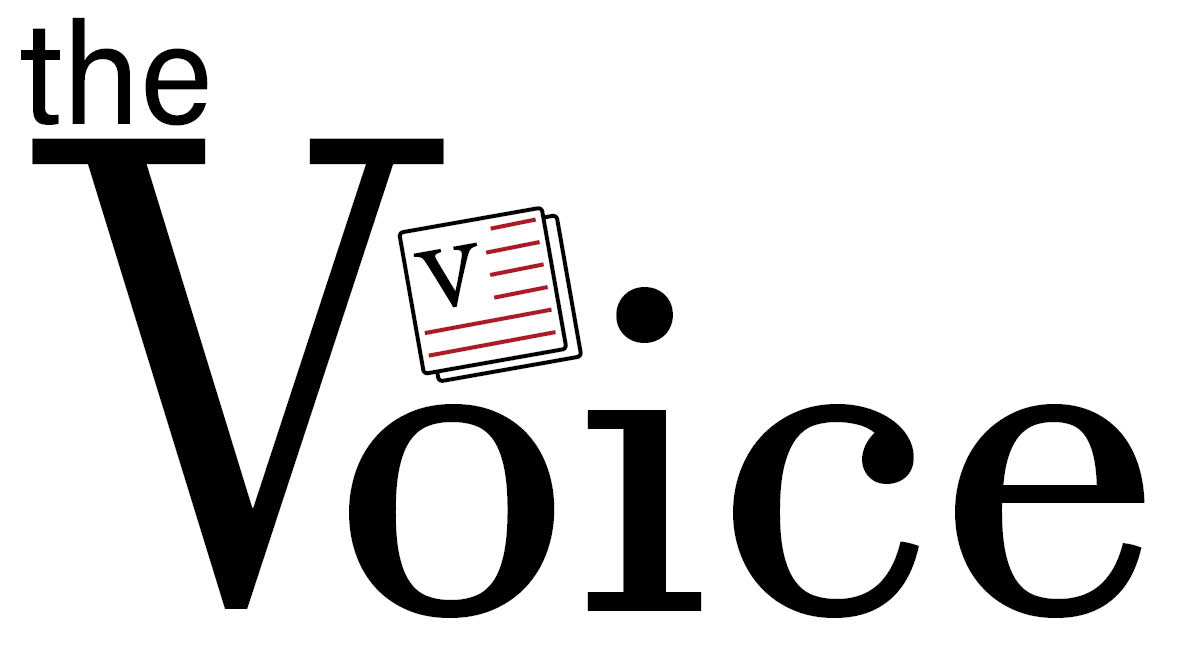More than a language
World language courses provide countless benefits to students.
Tobias Mikkelsen (CC BY-NC-SA 2.0)
Students learn about a variety of topics in their language courses, which leads to growth in many academic areas.
March 19, 2023
Most students are aware of Huntley High School’s graduation requirements. Students have to take courses in a variety of areas to meet educational standards, such as English and mathematics. To graduate, students must pass such courses and fulfill other requirements. However, one notable academic discipline is not required for graduation at the high school level.
Students are not mandated to take world language courses to graduate, although they are highly encouraged to take at least two years to meet college admission requirements. Some students take two years of a language to meet college thresholds, while others take four or more. However, some students opt out of taking them entirely.
There are many different viewpoints as to whether students should be required to take world language courses in high school. Some see learning languages as necessary in today’s world, while others believe it is not relevant to their own aspirations.
Senior Nick Bom has taken Spanish courses for all four years of high school and some years in middle school. Bom has enjoyed taking world language courses throughout his educational career.
“I love taking world language classes,” Bom said. “The teachers are always sociable, and I don’t feel afraid to come to them when I observe something interesting about the language they teach.”
Bom believes that these courses can benefit every student and that anybody can learn a new language. He also believes that such courses should be required for high school and college.
“The world is becoming more global. It is one of the more fundamental concepts within human geography,” Bom said. “It is only fair that colleges require that students have an understanding of a language beyond their own that will allow them to continue to be successful in this rapidly-globalizing world.”
It is highly important to note that students learn more than just a language in these courses. Students learn about the culture within the language and about different countries that speak the language. Spanish teacher Brian Scott believes that world language courses offer benefits that are not seen in other classes.
“I would say the benefits are how interdisciplinary Spanish is and all of the other kinds of life lessons,” Scott said. “French and Chinese address those as well.”
According to Scott, world language courses complement most of the other disciplines that are taught at HHS. Scott mentions English, mathematics, food, art, and technology as some of the themes that are touched on in such courses. Scott also emphasizes that mental health and social studies are covered as well.
World language courses also allow students to communicate with one another in ways that are increasingly uncommon in other academic areas. Scott, who serves on the school improvement team, states that social skills are a huge part of world language courses.
“I do hear from other teachers saying how they struggle with their students because the students are not talking to each other,” Scott said. “Yet, in the language classes, the kids are talking to each other all the time.”
While learning a new language has its benefits, many students believe that doing so is not beneficial to their own goals. Senior Ryan Berg has not taken any world language courses throughout his high school career, and he believes that students who do not take them have more opportunities to take courses in areas of interest.
“If you only do the two years that most colleges ask for, you’re not going to be fluent in that language,” Berg said. “I feel like it’s more or less for people that really want to go for it that should go for it and learn about the [cultural] aspects of that set language.”
Berg also believes that colleges should only require students to have prior world language experience if it is relevant to the degree they seek to obtain.
“If you’re going into something with engineering, it’s not a needed thing,” Berg said. “If it’s going to be something like communications where you’re going to have to communicate to others, I feel like then you should be required to have some prior experience to that.”
World language courses have numerous benefits. It is of utmost importance that students take advantage of the world language courses offered to them. Such courses ensure that students grow not only in the language at hand but also in nearly every aspect of their academics.
Without world language courses, students would be denied the opportunity to explore different themes through different perspectives. These courses teach much more than a language, and learning about the world is beneficial to all.



